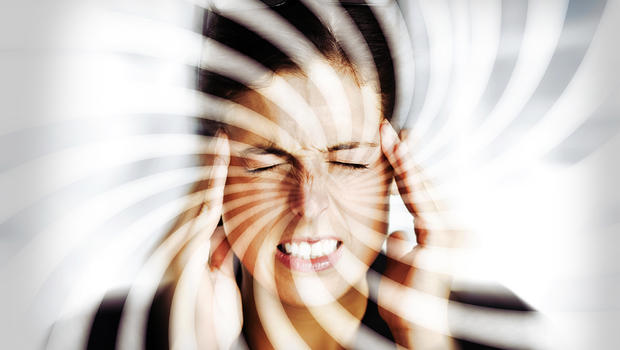
Common, rarely life-threatening, but very unsettling, an attack of dizziness or vertigo can send your world into a spin with simple acts like turning around to back up a car, bending down to tie a shoe or looking up at the sky.
A range of sensations may keep you off balance, from tilting, swaying, whirling and floating, to feeling lightheaded, or conversely, heavy-headed. The swirl of symptoms may seem similar, but there are important differences that define these conditions:
- Dizziness: lightheadedness, faintness
- Vertigo: spinning, a sense that the room is moving, akin to the tipsy feeling from too much alcohol
- Disequilibrium: unsteadiness, a feeling you are about to fall
While dizziness or vertigo represent some of the most frequent reasons people visit their doctors – an estimated one out of four adults has sought treatment for the condition at some point – getting to the root cause can sometimes be a frustrating experience, say experts at the Vestibular Disorders Association. That is because numerous issues can trigger dizziness/ lightheadedness, from cardiovascular concerns such as arrhythmia, atherosclerosis and low blood pressure or conditions such as dehydration, low blood sugar or anemia. Vertigo is caused by head injuries/trauma, disorders of the vestibular system (parts of the inner ear and nervous system that control balance) or rarely, the cerebellum. In addition, aging itself can affect the vestibular system’s function by decreasing the number of nerve cells, and diminishing blood flow to the inner ear.
The post A Quick Spin on Dizziness, Vertigo and Other Balance Disorders appeared first on Specialdocs Consultants.
